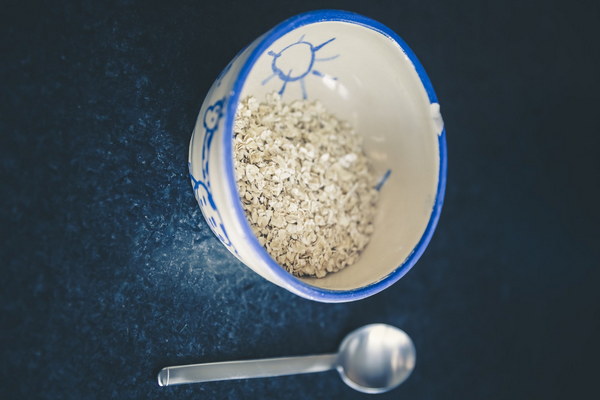The Art of Health How to Drink Responsibly for Wellness
The Art of Health: How to Drink Responsibly for Wellness
In a world where the pursuit of health and wellness is paramount, the question of how to incorporate alcohol into a balanced lifestyle often arises. While moderation is key, certain types of alcohol have been linked to health benefits when consumed responsibly. This article explores how to drink alcohol in a way that promotes well-being and longevity.
Understanding the Basics
First and foremost, it's important to understand that not all alcohol is created equal. Some spirits and wines are known to offer potential health benefits, while others may pose more significant risks. Here's a breakdown of the types of alcohol that are often associated with health benefits:
1. Red Wine: Rich in antioxidants, particularly resveratrol, red wine has been linked to heart health, improved cholesterol levels, and even a reduced risk of certain cancers.

2. Whiskey: Whiskey, particularly when aged, contains antioxidants and may help improve insulin sensitivity and reduce the risk of developing type 2 diabetes.
3. Tequila: Tequila, made from the agave plant, contains low levels of fructose and may have health benefits such as improved digestion and blood sugar control.
4. Cocktails: Certain cocktails, when made with natural ingredients and moderate alcohol content, can be enjoyed in moderation and may offer health benefits.
The Importance of Moderation
While some types of alcohol can have health benefits, it's crucial to consume them in moderation. The U.S. Dietary Guidelines define moderate alcohol consumption as up to one drink per day for women and up to two drinks per day for men. A standard drink is equivalent to 14 grams of pure alcohol, found in about 12 ounces of beer, 5 ounces of wine, or 1.5 ounces of 80-proof distilled spirits.
Healthy Drinking Habits
To drink alcohol in a way that promotes wellness, consider the following habits:
1. Choose Quality: Opt for high-quality alcohol made from natural ingredients. This not only enhances the taste but also ensures a more beneficial consumption experience.
2. Stay Hydrated: Alcohol is a diuretic, which can lead to dehydration. Ensure you drink plenty of water throughout the day, especially if you're consuming alcohol.
3. Pair with Food: Drinking alcohol on an empty stomach can lead to rapid absorption and increased blood alcohol concentration. Pairing your drink with food can slow down the absorption and help prevent a hangover.
4. Limit Frequency: Consistent consumption of alcohol can lead to dependency and health issues. Aim to have alcohol-free days to allow your body to recover.
5. Avoid Mixing Alcohols: Mixing different types of alcohol can increase the risk of alcohol poisoning and make it difficult to gauge your blood alcohol concentration.
6. Listen to Your Body: Pay attention to how alcohol affects you. If you experience negative side effects, such as dizziness or nausea, it's a sign to cut back.
The Role of Social Interaction
Alcohol can also play a role in social interaction and emotional well-being. Sharing a glass of wine with friends or a cocktail with loved ones can foster connection and reduce stress. However, it's important to maintain a healthy balance between social drinking and responsible consumption.
Conclusion
Incorporating alcohol into a wellness-focused lifestyle is possible when approached with knowledge and moderation. By choosing the right types of alcohol, consuming them responsibly, and maintaining healthy habits, you can enjoy the potential benefits of alcohol while minimizing risks. Remember, the key is balance—alcohol should complement, not overshadow, your overall health and well-being.









